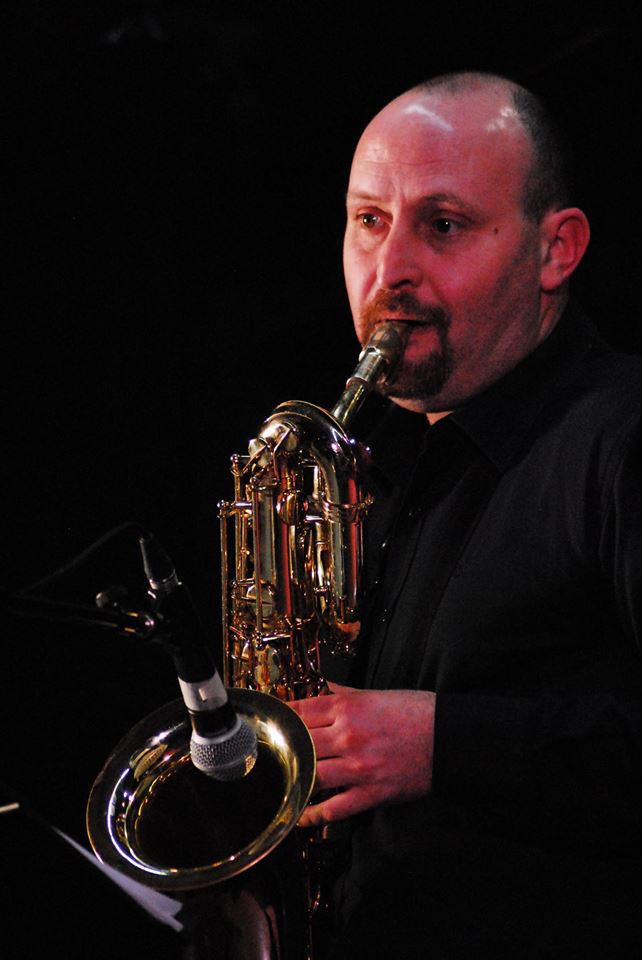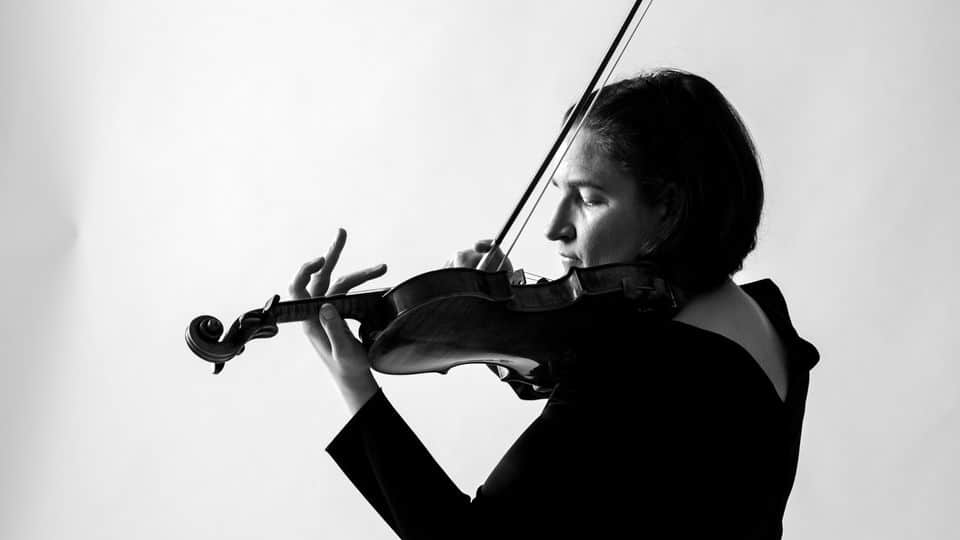Jazz festival refuses to admit Israeli musicians
mainThe Copenhagen Jazz Fesival is in trouble for telling an Israeli musician that artists from his country were not welcome ‘for political reasons’.
The musician, Alon Farber, posted the exchange on Facebook:

I’m writing this post in English because I think it’s relevant to all of you. I just applied for the Copenhagen Jazz Festival. The reply was that:
“Hi Alon,
For political reasons, we are not presenting artists from Israel these years, unfortunately.
Regards,
Kenneth”
Kenneth is the director of the festival, Kenneth Hansen.
The deputy mayor of Copenhagen warns he may have to reconsider city funding for the festival.
‘For political reasons’, no doubt.






This is appaling. Bias and discrimination at it’s worse, punishing an individual for the politics of his country. Western Europe really lost its mind.
Punishing an individual for the politics of his country is wrong indeed. It isn’t all that nice either to condemn the whole of Western Europe because of the actions of one man in this case.
(PS. Most consider Denmark to be a part of Northern Europe at that).
Yes, sorry. Generalization is bad logic, true. But it just makes me angry to see politics influencing culture in that way, from oficials which pretend to be democratic.
Very true and something that irritates me as well.
At least it seems as though this situation has been rectified.
According to the festival’s director, his non-native English skills are to blame and it wasn’t because of “political reasons” but for “[security] policy reasons” and the festival’s inability or unwillingness to provide extra security for Israeli artists specifically.
Press Release March 27
Following an unclear answer from Copenhagen Jazz Festival to Israeli musician Alon Farber, the latest 24 hours have seen rumours emerge regarding a supposed boycott of Israeli bands and artists, reportedly enforced by Copenhagen Jazz Festival. This is NOT the case.
Festival director Kenneth Hansen: ”Copenhagen Jazz Festival has contacted the specific artist as well as the Israeli embassy in Copenhagen and the misunderstanding has been cleared out. Furthermore, the festival and the Israeli embassy have jointly discussed specific security issues regarding future concerts by artists from Israel with one or more Israeli VIPs in attendance. We look forward to presenting the best international jazz at Copenhagen Jazz Festival – Israel included!”
Copenhagen Jazz Festival 2017, July 7-16
(http://jazz.dk/en/cphjazz/news/press-release-march-27/)
Whatever our opinions are about the situation in Israel/Palestine, surely musicians must know that music unites and does not divide. And nobody can judge what this particular musician’s views are. Around half the country doesn’t support the government, so how can we tell which half Alon Farber belongs to? All I can say is: Daniel Barenboim, Edward Said, and the Divan Orchestra. That is the way forward.
In ANY democracy half of a country won’t support their government. Well, 49%.
So true, but not always – in Sweden the government (Social Democrats and Greens) had only 37.9% of the votes plus support of the Left Party (5.7%). The majority could not agree in minor (quite stupid) details. So we have it as we deserve it, you could say.
But if what happens in the Copenhagen Jazz Festival is still about politics, not policy, even if I can understand the position of the organizers – it is not their responsibility to protect people from predictable riots with political undertone – because it is quite predictable that ‘professional’ activists would be there.
It now seems to be somewhat unclear what their actual policy is. If we accept their statement in good faith it seems that the problem is one of security, not the application of a boycott. Those who are more cynical may suspect that the clarification was a convenient way of defusing a difficult situation.
Either way, and speaking more generally, boycotting individual citizens of a particular country is very unfair. Many of us are appalled, for example, by recent and current actions taken by Russia, which are both too numerous and too obvious to mention. I do not, however, think that many sensible people would support a boycott of all Russian artists. Even if we accept that this was an honest mistake, it’s a timely reminder of the laws inherent in any movements that seek to boycott Israeli artists.